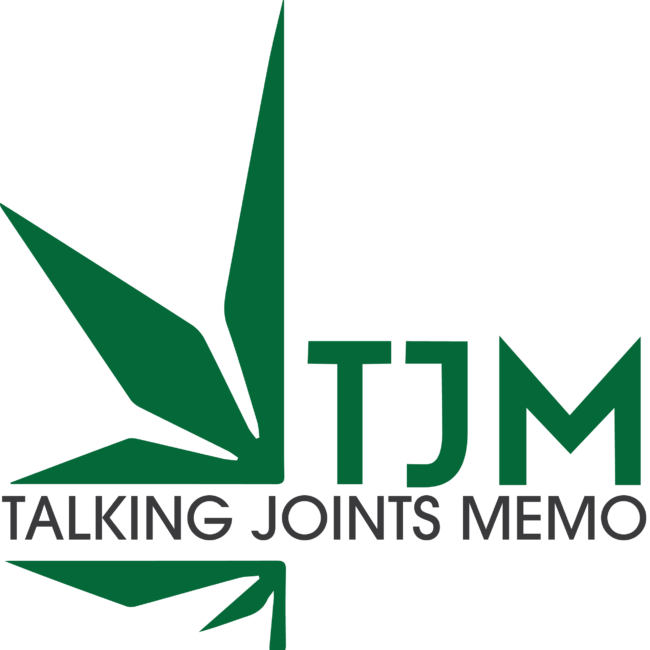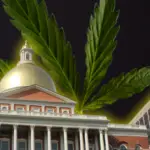
With UMass poll showing uncertainty, Bay State advocates for regulated psychedelics access speak out, grab big endorsement
Massachusetts for Mental Health Options, the campaign to regulate therapeutic access to natural psychedelics, was relatively quiet through the summer and even into September. Other voices in support of Question 4 also appeared to be holding back—on social media, in public, across the board.
And then, in early October, the veteran service organization Heroic Hearts Project dropped a web and television ad. Mainstream media also summoned stakeholder input for voter guides, while a GBH debate with representatives from both sides of the Question 4 issue also helped get the word out, albeit with dissent from opposition in the room.
And now, in the final stretch into election day, MMHO appears to be ramping it up even more, largely by connecting with Mass voices that can help move voters toward yes. Among other maneuvers, last Thursday, the campaign held a media event on Beacon Hill aimed at college reporters. With “veterans, healing advocates, and elected officials [sharing] their perspective on natural psychedelic medicines,” the yes camp aimed to show how “individuals suffering from PTSD have found healing and help with natural psychedelic medicines where other treatments have failed.”
CJ Loconte, an Army officer and combat veteran, spoke about his own issues and treatment: “Not even three months into my first semester at Wharton, I was hospitalized at the Philadelphia VA with suicidal ideation. That was the lowest point of my life, I have never felt more scared, more abandoned, more dehumanized. I credit my psilocybin experience with saving my life.”
Ana Juliana, a healing advocate, spoke of graduating from school with “my degree and a serious addiction.” “My friend took me to a plant medicine facility and the next morning, after one treatment, I kicked cigarettes, the eight different medications I was on, and the five recreational drugs I was using.”
Later that evening, during a GBH Senate debate with her opponent John Deaton, incumbent US Sen. Elizabeth Warren said she supports the initiative, adding: “I want to say it’s going to take a period to get into it, and we’ve got to get the right regulations in place to make sure people are safe.”
While MMHO was somewhat quiet through most of the year, the campaign has been aggressive, especially over the past few months, on the municipal front. That leg of the operation kicked up in Northampton last week, where city council members passed a resolution to support the ballot question which, if passed, would create regulated therapeutic access to natural psychedelic medicines for adults 21 years and older.
“We need to be doing more to help those who are battling mental health challenges,” Councilor Rachel Maiore, who co-sponsored the resolution, said in a media release. “We owe it to our neighbors, families, and veterans to ensure they have every available option for recovery, especially when so many are struggling in silence. That’s why we are proud to approve a resolution to support Question 4, so we can move towards healing and providing those that have continued to struggle with their mental health options that may have not been available otherwise.”
Meanwhile, a UMass Amherst poll of 700 commonwealth residents conducted Oct. 3-10 found “that an equal share of respondents – 43% – favor or oppose legalizing natural psychedelic substances for growth, possession and use by people over age 21.”
“Massachusetts residents are evenly split on the ballot question to legalize and regulate psychedelics, and a significant share (14%) remain unsure how they will vote,” said Jesse Rhodes, professor of political science at UMass Amherst and co-director of the poll. “This may well reflect the fact that the issue is complex, and the ballot question is complicated, involving many issues. Unsure commonwealth voters will likely determine the outcome of this ballot question.”
“This ballot question only enjoys majoritarian support among a small number of demographic and political groups in the state that include young people, Democrats, liberals and Biden voters,” added Tatishe Nteta, provost professor of political science at UMass Amherst and director of the poll. “Older voters, independents, Republicans and parents are particularly opposed to this ballot question, and given the high turnout among these groups in particular, this does not bode well for those who seek to make Massachusetts the third state in the nation to make these substances legal.”






















